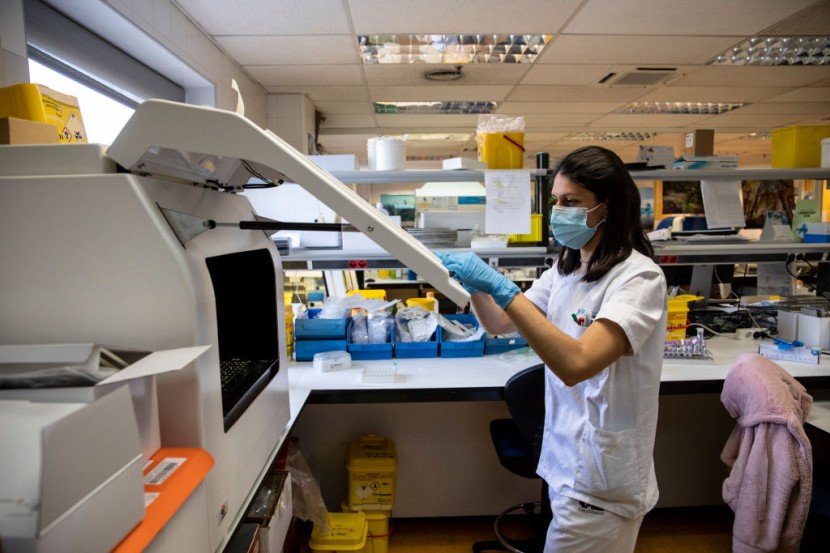
The monkeypox virus has quickly spread throughout various countries where it is not endemic, resulting in health professionals issuing recommendations on how to avoid the disease.
Community spread of the illness is done through close contact with an infected person and transmission can occur via direct contact with bodily fluids of a monkeypox-positive individual. This includes touching scabs, being sneezed or coughed on, and sexual activities.
How To Avoid Monkeypox
On the other hand, indirect transmission is also possible through touching the bedding, towels, or clothing of a person infected with the virus. Experts urge people who live with or are in contact with someone infected and show symptoms of monkeypox, particularly those with blistering rash, to take precautions and avoid direct and indirect contact.
People who have been in contact with someone with monkeypox should follow certain guidelines, such as social distancing themselves from the person until a negative test, asking them to use a personal set of bedding and towels, avoid touching their clothes and other possessions, and avoiding sexual contact while symptoms are observed and use condoms for eight weeks following a confirmed infection, as per Dr. James Davidson from MedCourse.
Signs of monkeypox infection include chill, flu-like symptoms, and rash that take roughly one week to clear. Other symptoms observed in infected patients are fatigue, muscle aches, and swollen lymph nodes.
However, despite the rapid surge of cases worldwide, monkeypox is not considered considerably fatal and it can go away on its own with no treatment. But some of the best ways of avoiding infection include avoiding animals infected with the virus, particularly sick and dead animals.
According to Faith Pinah, who is a practicing medical doctor focusing on pediatrics, immunology, pharmacology, OBGYN, and internal medicine with UnifiedPharma, regularly cleaning beddings, cooking meat thoroughly, washing your hands thoroughly, avoiding infected people, wearing face masks in public, and using protection during sexual activity can help prevent infection.
What To Do If You Get Monkeypox
Animals are known to spread the disease through bites, scratches, or fecal matter and can transfer over to people who handle wild game. The Centers for Disease Control and Prevention (CDC) currently does not know what animals maintain the virus but African rats are suspected of causing transmission among humans.
Dr. Emil Tsai, Ph.D., M.A.S., who is an expert on COVID-related matters and is the chief scientist and CEO of SyneuRx, recommended self-isolation for people who are found to be positive for monkeypox. He also noted that there are two vaccinations against monkeypox that were created for smallpox but are still useful in this scenario.
While not particularly threatening, people who suspect or know they are infected with monkeypox should speak with a doctor about their options. James Oliver, a medical doctor who specializes in immunology, obstetrics, gynecology, pharmacology, and internal medicine with DOfEve, recommended the use of high-quality antibiotic ointment for people with skin lesions. He also warned against the use of anything that may hurt the affected area.
If a person's face or other areas of their body becomes affected by sores, they should be covered with a bandage and kept clean. The sore should take roughly five to seven days to heal by itself.
Related Article:








